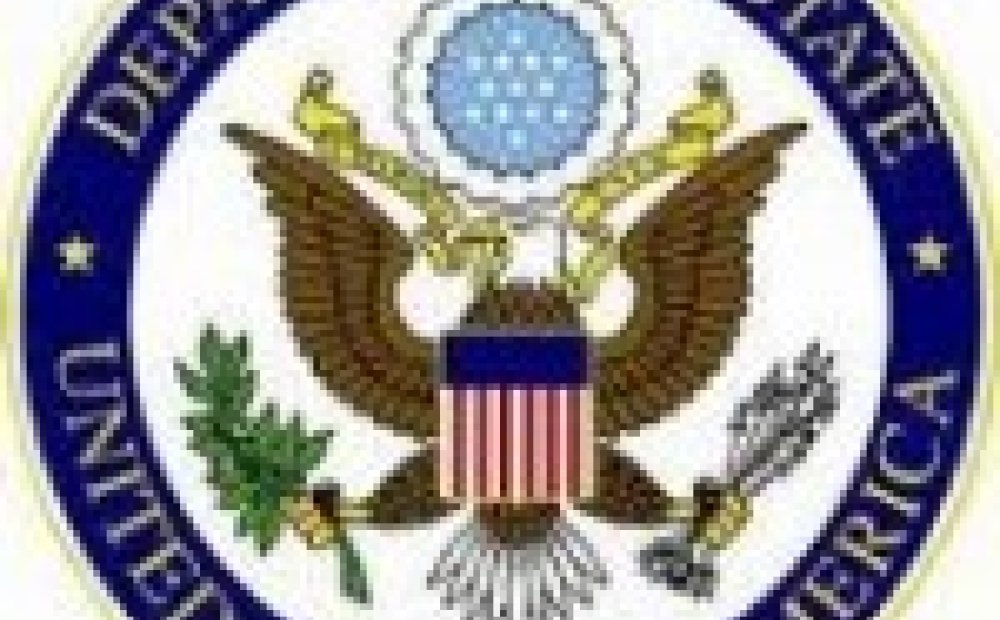Foreign Relations of the United States and the Cuban Missile Crisis

The Cold War International History Project in collaboration with the U.S. Department of State’s Office of the Historian presents a panel discussion, Foreign Relations of the United States and the Cuban Missile Crisis.
Documentation of the Cuban missile crisis and its aftermath in the Foreign Relations of the United States series provided one of the earliest manifestations of the promise of the 1991 FRUS statute, which called upon the Department of State to produce “thorough, accurate, and reliable” documentary histories of “major foreign policy decisions and significant diplomatic activity of the United States Government.” Since the Office of the Historian had begun work on many volumes in the 1961-1963 subseries before the passage of the statute, only a few of these volumes – including those dealing with the Cuban missile crisis – were revised to exploit the law’s provisions for access and comprehensiveness.
FRUS covered the Cuban missile crisis in two releases. In April 1997, the Office published a 934-page print volume containing 362 documents and 28 editorial notes. In December 1998, a microfiche supplement featuring 225 documents on the crisis, many of which were drawn from Central Intelligence Agency and Department of Defense records, was released. To commemorate the 50th anniversary of the Cuban missile crisis, the Office of the Historian has accelerated the digitization of the relatively inaccessible microfiche documents and made them available on our website, http://history.state.gov/. We have also released the print volume as an e-book.
Taken together, these documents present a combination of depth and breadth of coverage of the documentary record of the Kennedy administration’s policy toward the Cuban missile crisis. According to Philip Zelikow, a member of the Advisory Committee on Historical Diplomatic Documentation in 1997, they also provided a “night and day” contrast to the incomplete coverage of American covert operations and other intelligence material that plagued the FRUS series before the passage of the statute. Finally, the recent release of these documents in digital formats illustrates the Office’s continuing commitment to increase the availability, usability, and convenience of the Foreign Relations series.
Philip Zelikow, White Burkett Miller Professor and Director of Graduate Studies in History at the Univeristy of Virginia, David Coleman, an Associate Professor at the University of Virginia and Chair of the Presidential Recordings Program at the Miller Center of Public Affairs, and Edward C. Keefer, Former General Editor of The Foreign Relations of the United States series in the Office of the Historian at the U.S. State Department, will join the panel discussion as speakers.
Christian F. Ostermann, director of the Wilson Center's History and Public Policy Program, will chair the event.
Speakers

Woodrow Wilson Center
Hosted By

Cold War International History Project
The Cold War International History Project supports the full and prompt release of historical materials by governments on all sides of the Cold War. Read more


History and Public Policy Program
A global leader in making key archival records accessible and fostering informed analysis, discussion, and debate on foreign policy, past and present. Read more
